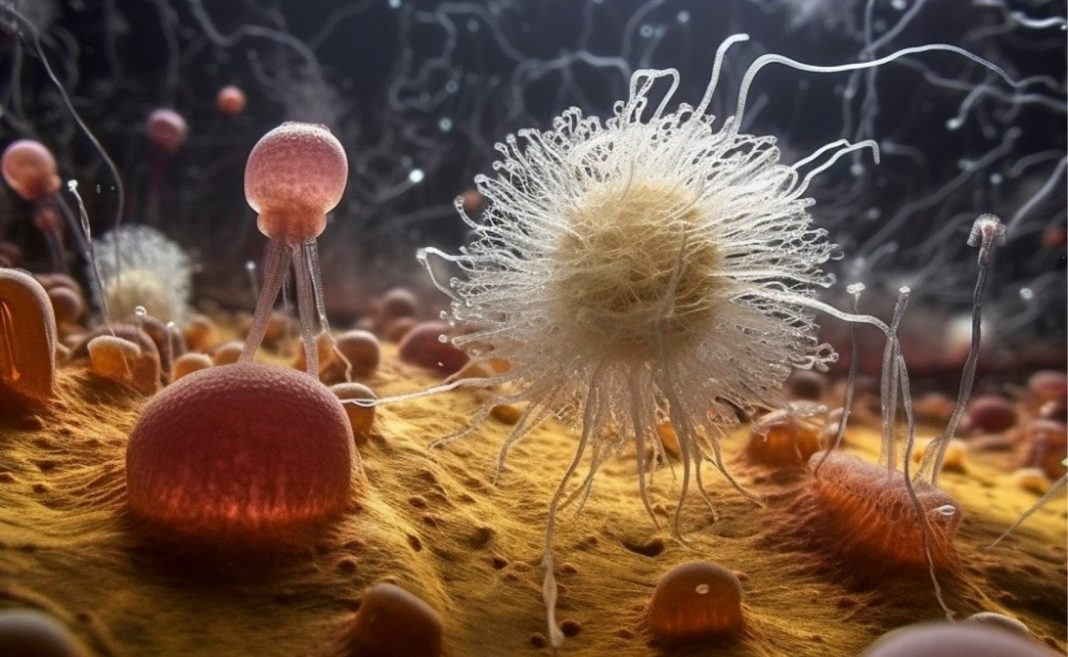ANU scientists have discovered a “lost world” of ancient organisms that all humans can trace their ancestral lineage back to. This family reunion of sorts is thanks to former ANU PhD student Benjamin Nettersheim and ANU Professor Jochen Brocks, who discovered our distant relative, Protosterol Biota.
And just as many of us are delighted to discover convicts in our ancestry, ANU scientists are excited to learn that these ancient creatures may have been the first predators on Earth, hunting and devouring bacteria.
These 1.6-billion-year-old creatures once lived in marine ecosystems across the world and their rediscovery was detected in an ancient rock found at the bottom of the ocean near the Northern Territory.
“Modern forms of [this family of organisms] are so powerful and dominant today that researchers thought they should have conquered the ancient oceans on Earth more than a billion years ago,” Dr Nettersheim says.
“One of the greatest puzzles of early evolution scientists have been trying to answer is: why didn’t our highly capable … ancestors come to dominate the world’s ancient waterways? Where were they hiding?”
Well, it turns out they were hiding inside a 1.6-billion-year-old rock at the bottom of the ocean – always the last place you look. Scientists have overlooked these molecules for four decades.
“Once we knew what we were looking for, we discovered that dozens of other rocks, taken from billion-year-old waterways across the world, were also oozing with similar fossil molecules,” Professor Brocks says.
Our long-lost relatives thrived from about 1.6 billion years ago up until about 800 million years ago.
Professor Brocks suggests that just as the dinosaurs had to go extinct so that our mammal ancestors could become large and abundant, perhaps the Protosterol Biota had to disappear a billion years earlier to make space for modern forms of the same family (today’s fungi, plants, animals and single-celled organisms such as amoebae). Namely, us.
Get all the latest Canberra news, sport, entertainment, lifestyle, competitions and more delivered straight to your inbox with the Canberra Daily Daily Newsletter. Sign up here.



